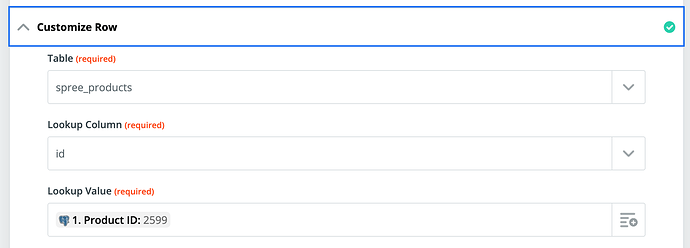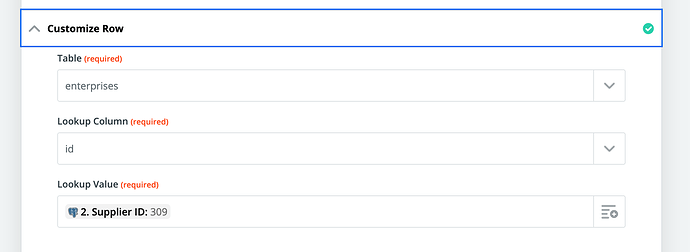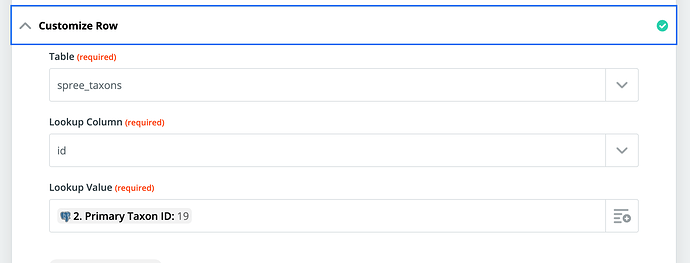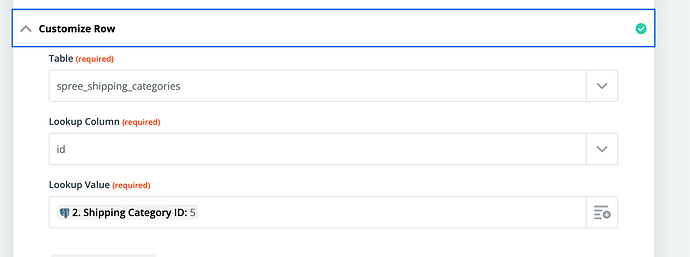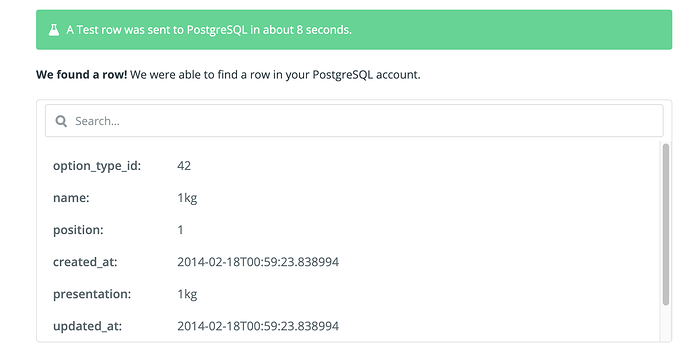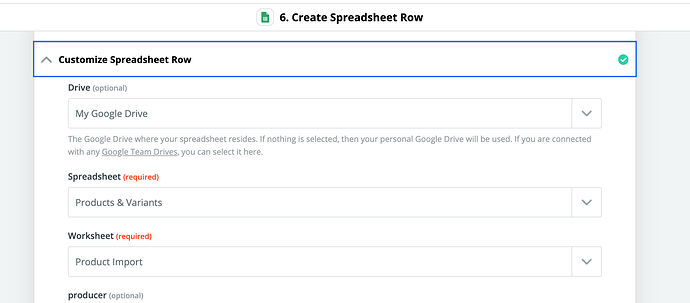Hi people
I am working on a zap to get active product/variants into a google sheet in the correct format to be used as a base for the product importer, enabling existing users with lots of products to start using this as their base product handling.
Given my technical limitations, my current plan is to create this zap, and then just turn it on for an hour or so at an agreed time, while they go and edit the variants that they want to get picked up. then the sheet becomes their ‘source of truth’ and doesn’t get updated again from OFN
[NB. If I can wrangle someone to write me a query that just fetches all the variants we need that we can trigger whenever we want that would obviously be better as then I could just run it] but for now working with this
So i’m almost there, but missing some critical fields - particularly PRICE and ideally on_hand and on_demand - can anyone help me find these?
This is what I have so far
I get the Spree_Variants table for edited variant
Then I use the Product_ID returned from that to lookup the Products table
Then I use the Supplier_ID to look up the Enterprises table
Then the Primary Taxon ID to get the Product Category
and I get the Shipping Category
and then perhaps tax - will come back to that
I am getting the option_value via the variant_ID and have two further lookups to get me 1kg. This isn’t quite right but I think I’m on the right track . .
So then I am setting up my ‘Create Spreadsheet Row’ which is all good and working (needs more fiddling with different variant types get everything in the right place)
Where can I find values for these critical fields? They are not in any of the above tables that I can see?
i.e. where it actually says g or kg, price, on_hand or on_demand
The most important missing data here is the price … I think we can work with everything else (as this user mostly uses on demand), but it would be really annoying to have to cross-check to get all the current prices.
Any advice on where I can get the price on a variant pretty please!! @maikel @luisramos0 @sauloperez @Matt-Yorkley
FYI @tschumilas @lin_d_hop @Rachel as people who might be interested in trying to do something like this
NB. This is a lot of tasks and will be quite zap expensive. Preferably only ever run it once for each user and likely need to charge them to do so

